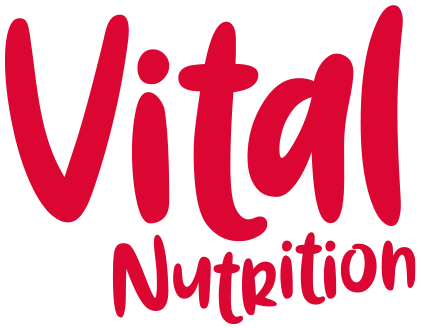How did you sleep last night?
A good night’s sleep can do us the world of good, but if you don’t sleep so well, it can be the bane of your life. There are lots of reasons why our sleep gets disrupted. From stress and anxiety, to hormone fluctuations, pain or even the time of year.
If you feel like you have tried everything, and nothing really works, then taking a closer look at your diet and lifestyle might be the answer to send you off to the land of nod.
Here are some simple ideas to try.
Get your daily dose of daylight. This will help to reset your sleep-wake cycle and rebalance the cortisol-melatonin balance that is central to your circadian rhythm. Early morning and noon daylight is best, but if you can only do one of these, then aim for lunchtime when the sunlight is stronger. Aim to get 20miniute of morning daylight. This daily habit will help gently increase cortisol (energising hormone) levels to a natural high, which in turn helps to reset melatonin (sleep hormone) production at night, so not only are you likely to feel more energised during the day, but you are more likely to sleep better that night. Daylight is a missing ingredient in our modern world.
It can help to switch to a daylight alarm clock as another way to help support your daily rhythm of cortisol and melatonin. I like Lumie alarm clocks. They work by simulating daylight – a light gradually increases in intensity from about 20mintes before the alarm clock is due to do off, so you waken more naturally The light stimulates the production of cortisol and suppresses melatonin. Research shows that waking to light is better for levels of stress and anxiety throughout the day too.
Start your day with a protein-based breakfast to help ride the cortisol energy wave first thing. Add a spoonful or two of chia and flaxseed to your porridge, have a yoghurt based breakfast, or make a quick and easy omelette with some mushrooms, spinach and cottage cheese for a protein based brekkie.
Have one decent coffee a day, and keep it as your morning treat. Caffeine can stay in our system for up to 10 hours, so stay off caffeinated drinks like tea, coffee, green tea and even dark chocolate after 12pm or so to help you get a better night’s sleep. Switch to decaf or herbal teas instead.
It is a vicious cycle. When we don’t sleep well, we crave more sugary or refined carb foods. This is because lack of sleep stimulates the production of ghrelin, our sleep hormone. Rather than fight a losing battle, get your ghrelin levels in check with a little more protein on your plate at each meal and making sure that you don’t skip meals – leave the intermittent fasting to one side until your sleep improves.
Sugar can stimulate your nervous system and trigger adrenalin, so lay off the sweet stuff if you want to get a decent night’s sleep. Look out for hidden sugars and avoid artificial sweeteners, found in low fat jellies, yoghurts, bars and other processed, low cal foods. Sweeteners like aspartame are thought to interfere with the production of melatonin and serotonin (helps to keep us cool calm and collected).
Don’t go to be with a belly full of food – stop eating 3 hours before you hit the hay. If you do need a little snack in the evening, choose something that contains tryptophan, a melatonin precursor found in oats, almonds, kiwi fruit, and dairy products – a natural yoghurt with cherries and flaked almonds, or a couple of oatcakes with cottage cheese would be a safe bet and much better than a biscuit and cup of tea.
Calm your jets – slow things down, switch off your phone and devices at least an hour before you head to bed. Do something that relaxes you in the evening. Read a book, do a jigsaw, get your knitting needles out, do some yin yoga, mindfulness or …

